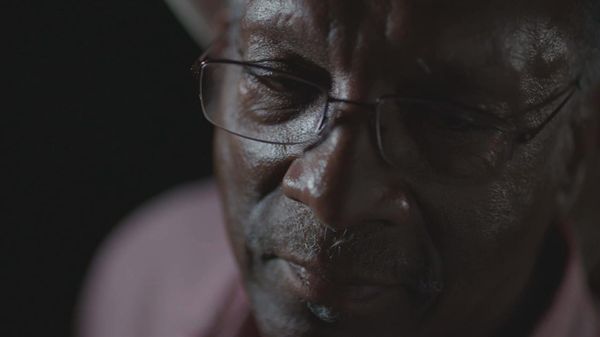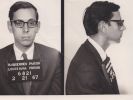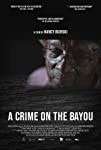Eye For Film >> Movies >> A Crime On The Bayou (2020) Film Review
A Crime On The Bayou
Reviewed by: Jennie Kermode

In October 1966, two weeks after schools were desegregated in Plaquemines Parish, Louisiana, a teenage shrimp fisherman called Gary Duncan was driving down the highway when he happened to catch sight of his two young cousins surrounded by a group of white boys. Stopping the car, he approached the boys to break up what he saw as am impending fight. Throughout his life he has maintained that he was not aggressive himself; he maintains it here, in Nancy Buirski's documentary. Arrested that same evening, he was accused of delivering a hard slap to one of the white boys, though the black people present agreed that all he did was to touch him on the arm to turn him aside. Buirski aims to explain how, in the context of the South at the time, for a black youth to touch a white one was still shocking behaviour, and why the state fought long and hard to punish a man who, in defiance of all expectations, simply refused to back down.
Buirski, whose The Rape of Recy Taylor was one of the standout films of 2017, is building up an impressive history of documentary work, and A Crime On The Bayou does not disappoint. She's assembled an impressive set of historical sources but allows the story to unfold so naturally that it feels as if it were being told for the first time. As we move through stage after stage of legal escalation and reframing, background information is eased in without apparent interruption, reminding viewers of how white supremacy manifested across the South (and elsewhere) at the time but also providing important local context. We see how Duncan's plight was exacerbated by political corruption and judicial bias, and get a sense of the psychology involved, whereby the real horror, as far as the establishment was concerned, was that the accused had clearly thought himself the equal of the boy he had touched. Let that idea stand and the entire edifice of race-based domination might crumble.

This is also the story of lawyer Richard Sobol, a young northern Jew who joined a firm whose work on civil rights he had admired only to find out that one of the partners there refused to hire black secretaries. The challenges of allyship and white people's frequent blindness to the superficiality of others' professed liberalism is of course complicated by the vulnerability of Jewish people to having their white privilege rescinded whenever they stepped out of line, and Buirski makes sure we are aware of the risks that Sobol himself faced when he travelled to Louisiana to go to Duncan's aid. This additional human dimension ensures that people remain at the centre of the story as we get into the details of chares and court cases, with text-based exposition used in places to avoid spending time going over what would turn out to be minor details.
With black men in the US still six times as likely to be incarcerated as their white counterparts, the issues at the heart of this film remain very much alive today. Buirski makes it clear that incarceration is only part of the problem, with a focus on the psychological effects of knowing that arrest can be sudden and arbitrary. Though the film doesn't dwell directly on the role that prisoners came to play, post-slavery, in the economics of the South, footage of a rifle-wielding white man on a horse overseeing an all black chain gang makes the point pretty well. There is discussion of positive changes but a recognition that they do not go nearly far enough.
Whilst it tells a fascinating story and rightly celebrates the brave individuals whose efforts made legal progress possible, this film also hints at the tragedy inherent in feeling grateful for small steps. It celebrates the warmth of the friendship that developed between two men from very different backgrounds, yet sounds out very clearly a call for solidarity today.
Reviewed on: 16 Jun 2021















